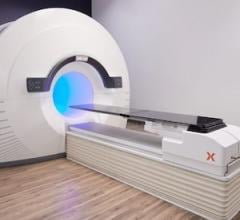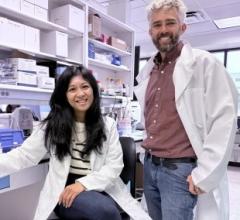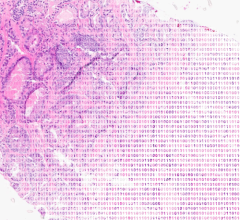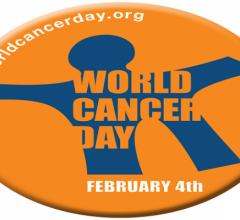September 26, 2007 — The treatment that more cancer patients receive may one day depend on their genes.
With an increasing number of biological clues available, doctors hope they will be able to customize more patients' treatments based on their genetic profiles.
In research presented at a meeting of the European Cancer Organization in Barcelona, experts said this week that these clues will help doctors determine not only which patients will probably develop cancer, but even those who will relapse, or be suitable for specific treatments.
"We are going to witness a revolution in cancer treatment," said Dr. Martine Piccart, head of medicine at the Institut Jules Bordet in Belgium. "In a few years, we will be able to fully demonstrate how powerful these new technologies are."
The real test, however, will be if doctors can then figure out what to do next.
"It's never encouraging to say to a patient that she's going to do poorly because of her genes," Piccart said. "We need to be able to offer patients an effective treatment."
Piccart and colleagues have been working to confirm the genetic sequences for women susceptible to breast cancer.
Tailoring treatment based on patients' genes is being used now on a limited basis. Doctors have been deciding how to treat women with breast cancer depending on their tumor type for the last few years. A simple genetic test can identify breast cancer patients who will actually benefit from chemotherapy, making the toxic side effects worthwhile.
But learning more about breast cancer has also given experts new tools to fight other cancers.
A study presented at the Barcelona meeting Tuesday found an unexpected twist: patients with a certain overactive breast cancer gene were also less likely to respond to chemotherapy for lung cancer.
"We know quite a bit about breast cancer genes, and now we're looking into the black box of what role they might play in other cancers," said Dr. Gordon McVie, a cancer expert at the European Institute of Oncology.
The problem, McVie said, is that even though researchers may understand a little about what a thousand of the genes involved in cancer do, there are about 31,000 others that they don't.
Other studies presented in Barcelona on Tuesday identified genes that could triple a woman's risk of ovarian cancer, as well as molecular profiling to predict which colon cancer patients would benefit from chemotherapy.
Cancer is an incredibly complicated disease, and is influenced by other variables like diet and environmental exposure. Even if researchers can identify the genetic components responsible, many factors remain beyond doctors' control.
"We haven't had any big genetic hits," McVie said, explaining that while scientists have identified genes that predispose people to cancers including breast, bowel, ovarian and colon, those make up only a small amount of all cancers.
"Cracking the genetic code is still a very imprecise science," he said.
Also, on Monday, German researchers said they had developed a test to identify cancer cells circulating in the blood of breast cancer patients. That could potentially enable doctors to catch cancer cells en route to another location - and give them time to intervene to prevent a tumor.
Dr. Julia Juckstock and colleagues at the University of Munich analyzed blood samples from 1,767 women with breast cancer before treatment and compared them to samples taken after about half of them had completed chemotherapy. Preliminary results found evidence of tumor cells in transport in less than 10 percent of the treated patients.
"This is a fascinating development," said Dr. John Smyth, a professor of medical oncology at the University of Edinburgh, who was unconnected to the Munich study.
Instead of a blanket approach to treatment, Smyth said that the test could help doctors pinpoint those women in whom breast cancer was likely to spread and needed extra care.
For more information: www.ecco-org.eu


 January 13, 2026
January 13, 2026 








